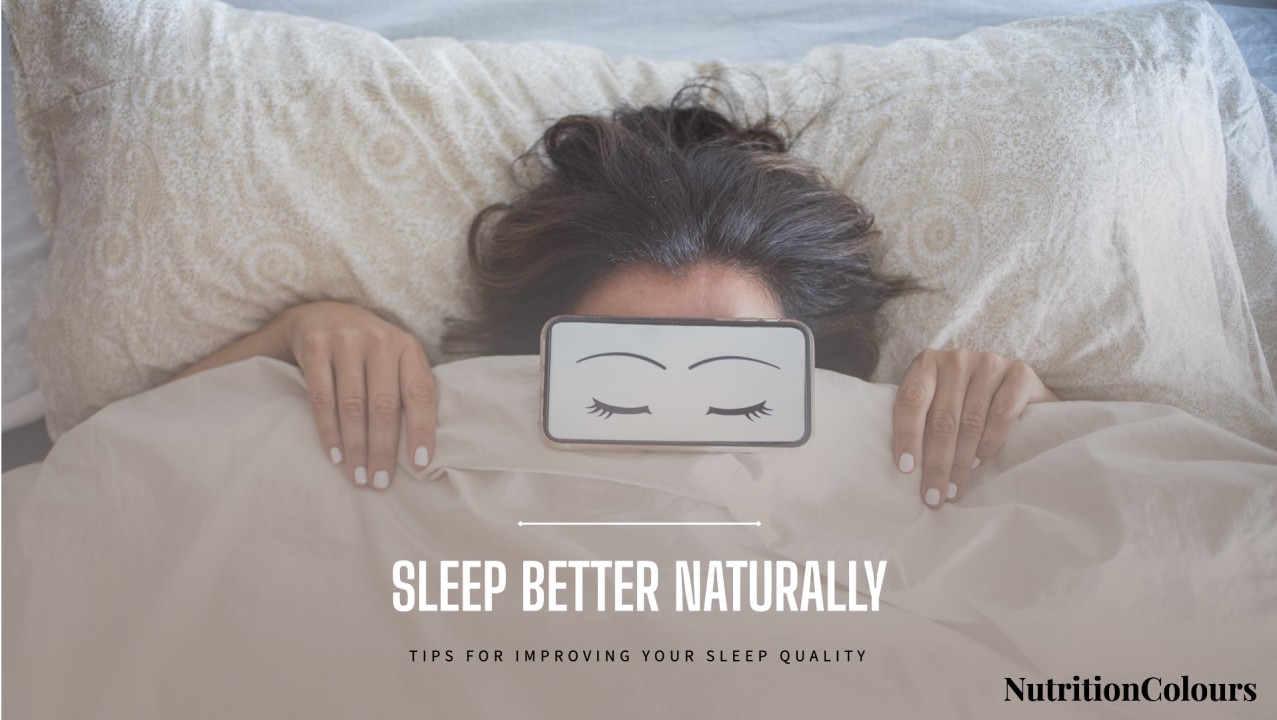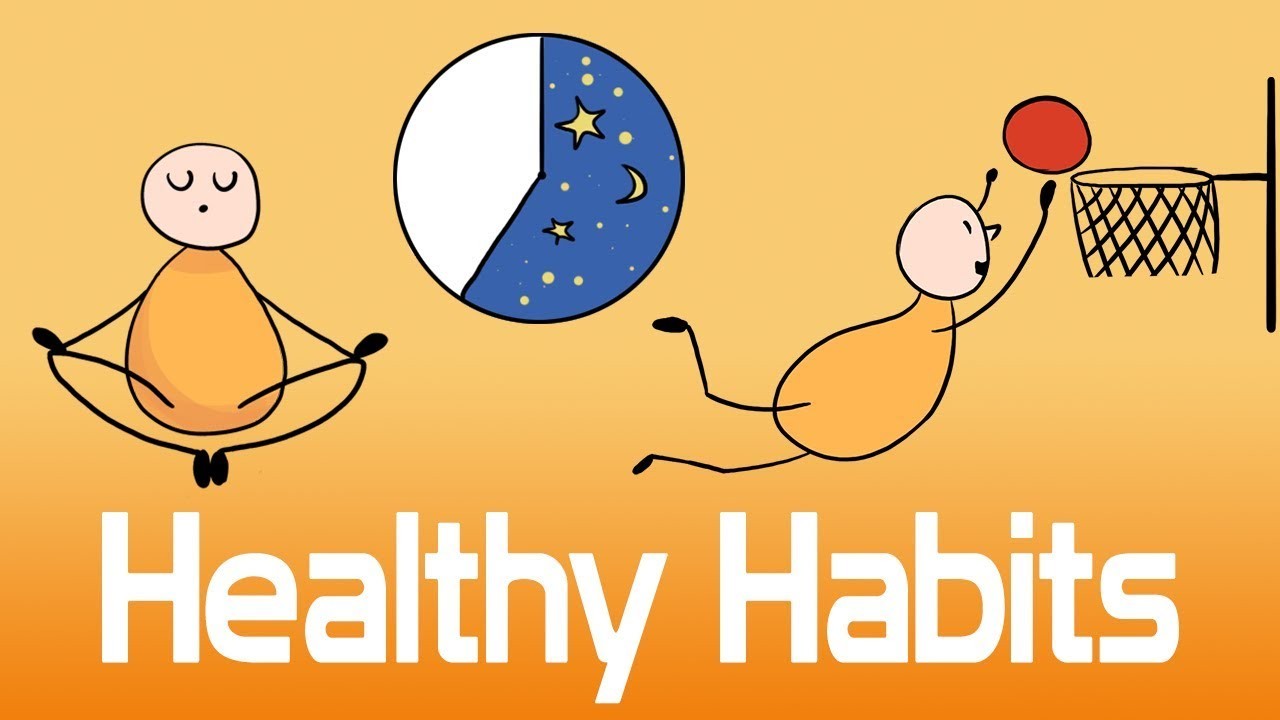In today’s fast-paced world, quality sleep has become an elusive luxury for many. While the allure of a quick fix through medication is understandable, relying on sleep aids often comes with drawbacks—from dependency to unwanted side effects. Fortunately, improving sleep without medication is not only possible but also sustainable, offering deeper, more restorative rest that supports both mental clarity and physical health. Understanding how to foster natural sleep patterns through lifestyle adjustments and mindful habits can empower anyone to reclaim their nights and enhance their overall well-being.
At its core, sleep is a biological necessity, regulated by complex internal processes that respond to environmental cues. The body’s circadian rhythm—a roughly 24-hour cycle—is pivotal in determining when we feel alert or sleepy. Disruptions to this rhythm, whether through irregular schedules, exposure to artificial light, or stress, can wreak havoc on our ability to fall asleep and stay asleep. To improve sleep without medication, it’s essential to work with these natural cycles rather than against them.
One of the most effective ways to do this is by establishing a consistent sleep routine. This means going to bed and waking up at the same time every day, even on weekends. While this might sound simple, its impact is profound. When the body knows what to expect, it can more reliably initiate the cascade of hormonal changes needed for sleep. For instance, melatonin—the hormone that signals sleepiness—begins to rise in the evening, preparing the body to rest. A steady schedule supports this natural rhythm and reduces the time spent tossing and turning at night.
Creating an environment conducive to sleep is another key factor. The bedroom should be a sanctuary, free from distractions and stressors. Temperature plays a subtle but important role; a slightly cooler room mimics the body’s natural drop in core temperature before sleep, promoting comfort. Additionally, limiting exposure to blue light from screens in the hour before bedtime can make a significant difference. This type of light suppresses melatonin production and tricks the brain into thinking it’s still daytime. Instead of scrolling through social media or checking emails, engaging in relaxing activities like reading a book or listening to soothing music can help ease the transition into sleep.
Stress management is equally critical in improving sleep quality without medication. The modern lifestyle often subjects us to relentless pressures that leave the mind racing well into the night. Techniques such as mindfulness meditation, deep breathing exercises, or gentle yoga can calm the nervous system and lower cortisol levels, the hormone associated with stress. For example, taking ten minutes before bed to practice slow, deliberate breathing can signal to the brain that it’s time to wind down, allowing the transition to sleep to be smoother and more natural.
Nutrition and physical activity also exert a powerful influence on sleep. Consuming heavy meals, caffeine, or alcohol close to bedtime can disrupt sleep cycles. While caffeine is a well-known stimulant, its effects can linger for hours, so it’s wise to limit intake after the early afternoon. Alcohol might initially induce drowsiness but tends to fragment sleep later in the night. Conversely, regular exercise—even something as accessible as a daily walk—promotes deeper sleep by reducing anxiety and balancing energy levels. Timing matters here too; vigorous workouts right before bed can be stimulating, so it’s better to schedule them earlier in the day.
Another often-overlooked element is the role of daytime habits in shaping nighttime rest. Exposure to natural light, especially in the morning, helps reset the internal clock and enhances alertness during the day. Conversely, napping late in the afternoon or evening can interfere with the drive to sleep at night. Understanding this interplay encourages a holistic approach to sleep hygiene that begins well before bedtime.
It’s important to acknowledge that improving sleep without medication requires patience and consistency. Unlike pharmaceutical solutions that may provide immediate relief, natural methods build resilience over time. This gradual process, however, leads to more lasting benefits. Many people find that as their sleep quality improves, so does their mood, concentration, and energy levels—creating a positive feedback loop that reinforces healthy habits.
Consider the example of a busy professional who struggled with intermittent insomnia for months. Instead of turning to sleeping pills, they committed to a set bedtime, limited screen time after dinner, incorporated evening meditation, and prioritized morning sunlight exposure. Within a few weeks, the restless nights diminished significantly, and they reported feeling more refreshed upon waking. This anecdote highlights how a combination of behavioral shifts can effectively restore natural sleep rhythms.
In conclusion, while the temptation to rely on medication for sleep is understandable, it’s neither the only nor the most sustainable solution. By aligning with the body’s natural rhythms, creating a sleep-friendly environment, managing stress, and embracing healthy lifestyle choices, anyone can improve their sleep quality without pharmaceuticals. These strategies not only promote deeper, more restful nights but also nurture overall health and productivity. In an age where well-being is closely tied to performance, mastering the art of natural sleep becomes not just a health goal but a fundamental life skill.





